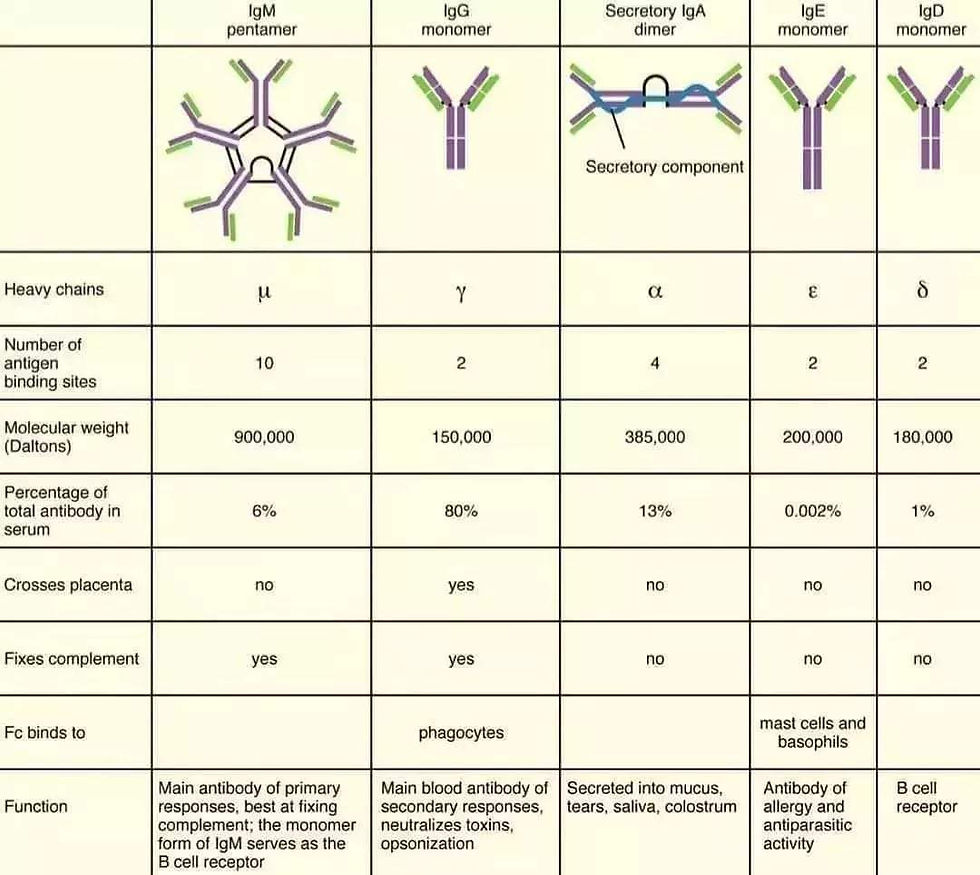Cat Wellness
- collins Gachomo
- Aug 18, 2022
- 2 min read
A wellness examination is a routine medical examination of a cat who appears healthy, as opposed to an examination of a cat who who is ill.
Your veterinarian will observe or inspect:
•Your cat's general level of alertness and interest in its surroundings.
•Your cat's general body condition - whether your pet has an appropriate body weight and body condition (neither too fat nor too thin).
•Your cat’s muscle condition to check for any muscle wasting.
•The haircoat - looking for excessive dryness, excessive oiliness, evidence of dandruff, excessive shedding, or abnormal hair loss.
•The skin - looking for oiliness, dryness, dandruff, lumps or bumps, areas of abnormal thickening, etc.
•The eyes - looking for redness, discharge, evidence of excessive tearing, abnormal lumps or bumps on the eyelids, how well the eyelids close, cloudiness, or any other abnormalities.
•The ears - looking for discharges, thickening, hair loss, or any other signs of problems.
•The nose and face - looking for symmetry, discharges, how well your cat breathes, whether there are any problems related to skin folds or other apparent problems.
•Mouth and teeth - looking for tartar build-up, periodontal disease, retained baby teeth, broken teeth, excessive salivation, staining around the lips, ulcers in or around the mouth, etc.
Your veterinarian will auscultate:
•The heart - listening for abnormal heart rate, heart rhythm ("skipped beats" or "extra beats"), or heart murmurs.
•The lungs - listening for evidence of increased or decreased breath sounds.
Your veterinarian will palpate:
•The pulse - depending on the results of auscultation, your veterinarian may simultaneously listen to the chest and palpate the pulse in the hind legs.
•The lymph nodes in the region of the head, neck, and hind legs - looking for swelling or pain.
•The throat - looking for evidence of abnormalities in the thyroid glands.
•The legs - looking for evidence of lameness, muscle problems, nerve problems, problems with the paws or toenails, etc.
•The abdomen - feeling in the areas of the bladder, kidneys, liver, intestines, spleen, and stomach in order to assess whether these organs appear to be normal or abnormal, and whether there is any subtle evidence of discomfort.
What else might be checked during a wellness examination?
Your veterinarian will recommend that a fresh sample of your cat’s feces (bowel movement) be collected prior to the wellness examination. This sample will be processed and microscopically evaluated for the presence of parasite eggs. In kittens, monthly fecal examinations are extremely important since many kittens have intestinal parasites. Your veterinarian may also recommend heartworm testing if you live in an area where there is a high incidence of this parasitic disease.








Comments